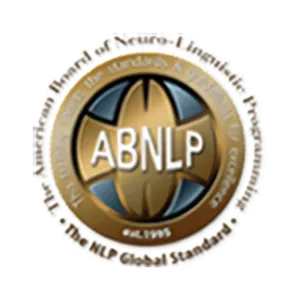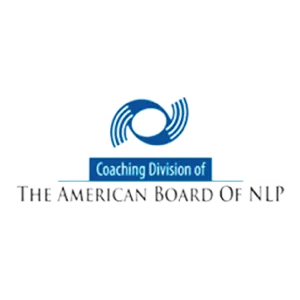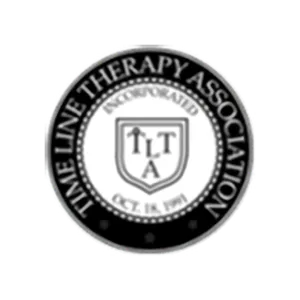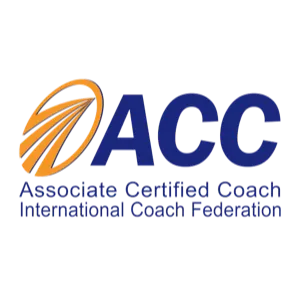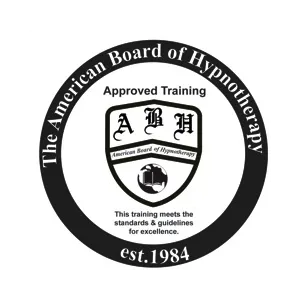Becoming a business coach is no easy task, but with the proper training and resources, you can succeed in this highly competitive field. Coaching requires a certain skill set and aptitude. This guide is going to break down everything you need to know about business coaching and help you identify whether this is the best field for you!
What Does a Business Coach Do?
The job of a business coach is to help a business owner realize the growth potential of their brand. Coaches keep business owners accountable through actionable plans and a comprehensive strategy.
What can this look like? Weekly or monthly meetings to discuss goals, progress, and the action steps that can help meet those targets. While the specifics vary from company to company, the business coach may:
- Act as a sound board for the company owner
- Help align the company’s policies and ideals
- Create a game plan to realize the owner’s growth objectives
- Keep the team on track with the long-term plan and short-term goals
Becoming a Business Coach: Who Can Do It?
People with strong managerial abilities make the best business coaches. The business owner will have a strong long-term vision for where they see their company. A skilled coach will break that vision down into a performance plan with many actionable steps, delegate them to various individuals, and provide constant motivation and encouragement to the team.
Anyone with these skills can become a business coach with the proper training and certification.
What Qualifications Does Becoming a Business Coach Take?
While there is no singular educational pathway, most business coaches have degrees in sales, marketing, finance, or management. Additional courses in fields like organizational psychology or human resources can also help increase your skill level as a coach.
In terms of marketability, work experience is the primary factor most companies will consider during the hiring process. This lets them know that the coach is familiar with the needs of the business, the niche, and the target customer. If you are just starting out, certification from a reputable training program, accredited by the ICF, can definitely help you get clients.
How Much Can a Coach Make?
A business coach’s charges depend on a number of factors like experience, niche specialty, and location. Depending on the type of set up, a coach can charge clients a standard fee between $200 to $800 per hour. It depends entirely on your billing practices.
Are you devoting all your efforts to one company? Or do you have a roster of clients? Some coaches even offer monthly packages with flat fees, ranging upwards of $2000.
Difference Between Coach and Consultant
The main difference between a business coach and a business consultant is the way in which they add value to a business. A consultant is a resource, with specific technical expertise related to a field. This allows the consultant to solve problems and offer innovative solutions that help the business grow.
A coach guides the team, helping them devise and implement strategies that will benefit the company. Their goal is not to fix problems but rather to help the business assess and capitalize on its strengths. Coaches teach businesses how to solve their problems instead of doing it for them.
Questions To Discover if Becoming a Business Coach Is Right for You
Before you can decide whether coaching is for you, ask yourself some key questions. Answering these questions will help you determine whether you have the personality traits, skill set, and aptitude to succeed as a business coach.
Do You Enjoy Helping Others Succeed?
In other words, are you passionate about helping people achieve their goals? Business coaching relies on your ability to dedicate 100% of your time and effort to make other people’s goals a reality. The best coaches are individuals who get a sense of satisfaction from helping others succeed.
When you’re finding clients, make sure you ask them the right questions about their goals and intentions. If a client’s passions align with your own, it makes the perfect combination for success.
Are You a People Person?
A key aspect of coaching is providing clients with the motivation and support to continue working towards their goals despite setbacks. This takes a gentle hand. Can you develop meaningful relationships with clients and push them to meet pre-set deadlines? The ability to hold clients accountable relies on the coach’s personability.
Business coaches and business owners often work on a very personal and one-to-one basis, discussing ideas and objectives that align with the owner’s growth vision. So you definitely need to be a people person to succeed in that role.
Do You Have a Mind for Business?
While specific information about the company’s niche isn’t always necessary a coach needs to have a comprehensive understanding of how business works. That includes understanding the needs of the target audience and the objectives of the company.
Ask yourself whether you have the skills necessary to break down long-term goals into short-term achievable targets. By bridging the gap between personal and business effectiveness, coaches are able to provide valuable insight to clients who want to achieve rapid professional success.
Are You Willing To Let the Client Be in the Driving Seat?
A coach is not a mentor, specialist, or consultant. It is not your job to provide solutions or override the client’s game plan. The purpose of a business coach is to help realize the client’s vision and figure out a strategy to make it workable. But at the end of the day, your job is to support and motivate the client.
That means you have to let the client steer the ship. They are in the driving seat, not you. And while you can always offer advice, ultimately you have to be okay understanding that the final decision is solely theirs.
Are You Willing To Hold the Client Accountable?
One of the qualities of a good coach is the ability to hold their client accountable when they’re slacking off, not meeting deadlines, or veering off the game plan. In these moments, it is your job to bring them back on track by reminding them of the long-term goals they’re trying to achieve.
How you hold your client accountable is equally important. It is not the job of a coach to berate or scold. Instead, shine a fresh light on the importance of the various tasks and steps that must be completed. Frame their importance in a way that motivates not just the business owner but the entire team to meet their deadlines.
Are You Able To Be Present?
Being present and adapting to changing circumstances is one of the key skills required for business coaching. Providing constructive advice during meetings, support during crisis situations, and feedback on completed tasks is your job as a coach.
The ability to fully focus on the work and form a personal attachment with the company helps some of the best coaches succeed in the business.
Get Started on Your Journey to Becoming a Top Business Coach
Begin your journey with one of NLP’s business coaching sessions and learn how to identify your niche, develop the skills needed for expert coaching, and market yourself to clients. The best part about these sessions is that you have top coaches showing you the ins and outs of the business. Not to mention you’ll have the official credentials to reach out to companies.
By capitalizing on their knowledge and experience you can start off on the right foot, and properly establish yourself as a professional coach. Next, you’ll need to approach clients to market your skills. Once you get a position as a business coach you’ll be able to build up your resume in no time!Profes



